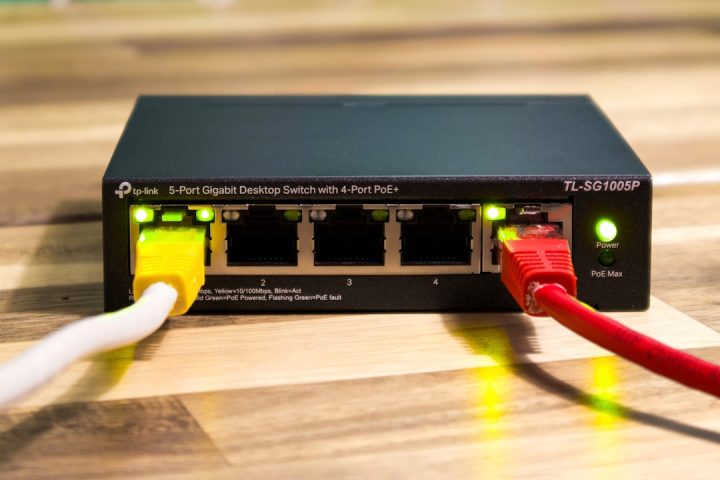With online privacy becoming increasingly threatened, many internet users are turning to Virtual Private Networks (VPNs) for protection. Whether you’re working remotely, streaming international content, or simply looking to browse without being tracked, VPNs offer a wide array of benefits. However, they are not without drawbacks. In this comprehensive 2025 guide, we dive into the pros and cons of using a VPN so you can determine if it’s the right tool for your internet safety and freedom.
What is a VPN?
A Virtual Private Network (VPN) is a tool that encrypts your internet traffic and routes it through servers in different locations. This hides your IP address and shields your data from hackers, ISPs, and even government surveillance.
Pros of Using a VPN
There are several reasons why individuals and businesses choose to use VPN services. Here are some of the most notable advantages:
- Enhanced Privacy and Anonymity: VPNs mask your IP address, making it difficult for websites, advertisers, and third parties to track your online activities.
- Secure Data Transmission: With encryption protocols like OpenVPN and WireGuard, VPNs protect your data from hackers—especially critical when using public Wi-Fi networks.
- Bypass Geo-Restrictions: Access content from around the world, including restricted streaming platforms, games, and websites, by choosing servers located in different countries.
- Prevent Bandwidth Throttling: ISPs may slow your connection when you stream or download large files. VPNs help mask the nature of your activity to avoid throttling.
- Remote Work Security: Businesses use VPNs to allow employees secure access to internal company networks no matter where they are working from.
Cons of Using a VPN
While VPNs have many benefits, they are not foolproof. Below are some potential downsides to keep in mind:
- Reduced Internet Speed: Routing your traffic through a distant server and encrypting your data can cause slower connection speeds—sometimes significantly.
- Cost: Reputable VPNs are usually not free. High-end services can charge monthly or annual fees, which might add up over time.
- Possible Legal Risks: In certain countries, using a VPN is restricted or prohibited. You could face legal consequences if you’re not aware of local regulations.
- Not All VPNs Are Trustworthy: Some free or lesser-known VPN providers may log your activity or sell your data. Always read the provider’s privacy policy thoroughly.
- Access Issues with Sites: Some websites, especially banking and media platforms, detect and block VPN traffic, leading to accessibility issues.
Is a VPN Necessary in 2025?
The answer depends on your individual needs. If you often work remotely, travel frequently, or actively stream content from multiple countries, a VPN can be an essential tool. Likewise, privacy-conscious users may find great value in keeping their online identity hidden.
However, for those who mainly browse the web casually or only use the internet at home without dealing with sensitive information, the need for a VPN might not be urgent—especially given the costs and speed trade-offs.
How to Choose the Right VPN
If you decide that a VPN is the right choice for you, here are key features to look for:
- No-Logs Policy: Ensure the provider doesn’t store your browsing data or personal information.
- High-Speed Servers: Look for VPNs optimized for streaming and torrenting to minimize speed loss.
- Server Availability: A wide range of server locations gives you more options for unblocking content.
- Strong Encryption Standards: AES-256 encryption and modern protocols like WireGuard or OpenVPN are industry standards in 2025.
- Multi-Device Support: Choose a VPN that secures your entire ecosystem—including phones, tablets, and routers.
Conclusion
VPNs are powerful tools that offer much-needed privacy, security, and access in an increasingly restrictive and monitored internet landscape. Still, they are not a one-size-fits-all solution. Weigh the pros and cons carefully, and choose a reliable VPN provider that aligns with your needs to make the most of your digital experience in 2025 and beyond.
